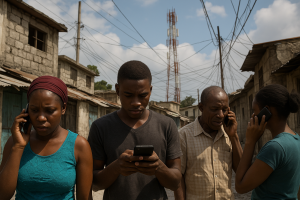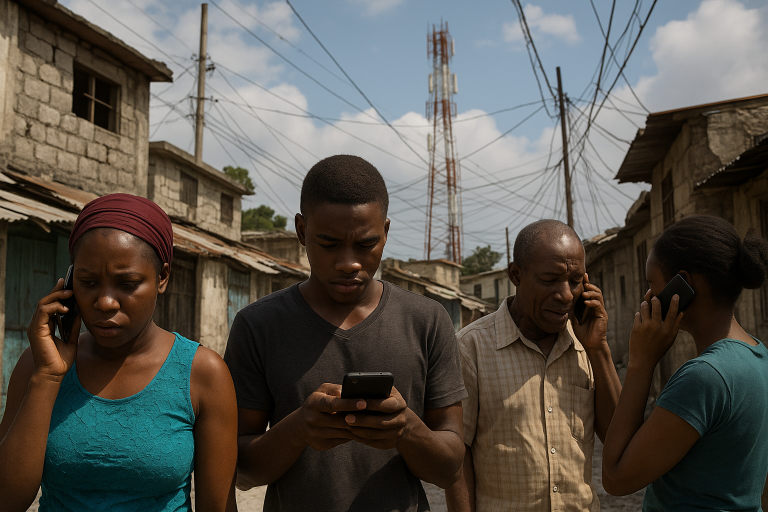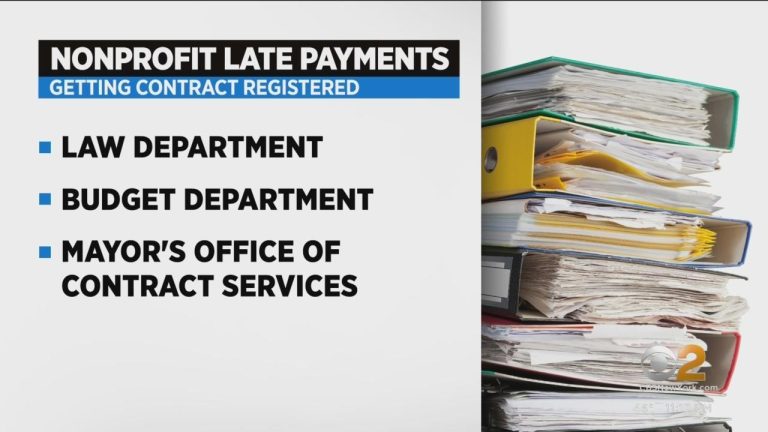Recent political changes in the U.S. and internationally have had notable effects on Haiti, given the island nation’s deep links with global powers through aid, trade, and diplomatic relations. These impacts can be observed across several dimensions:
Changes in U.S. Immigration Policy: Shifts in U.S. leadership often bring changes in immigration policy, affecting Haitian migrants and those seeking asylum. Stricter border controls or temporary protected status (TPS) decisions can significantly alter the prospects for Haitians seeking refuge or better living conditions.
Aid and Economic Support: International assistance, which Haiti relies upon for disaster recovery and sustaining its economy, is influenced by the political climate of donor countries. New administrations might review their foreign aid policies, which can lead to increases or decreases in support, impacting Haiti’s development programs and humanitarian assistance.
Bilateral Relations and Diplomacy: The approach of the U.S. and other international actors towards governance challenges in Haiti, such as after the assassination of President Jovenel Moïse, reflects their broader foreign policy strategies. Support or lack thereof for governance and the rule of law can affect Haiti’s internal political stability.
Trade Policies: Trade agreements and tariffs imposed by major economies like the U.S. influence Haitian exports, such as textiles, which is a significant industry for the country. Policy changes can either bolster Haiti’s export sector or hinder its growth by altering market access conditions.
Security and Stability Efforts: U.S. and international stances on security assistance affect efforts to combat gang violence and build police capacity in Haiti. Political changes may redirect such efforts or adjust the level of involvement in Haiti’s internal security issues.
In summary, the political climate in the U.S. and other influential nations indirectly but significantly shapes Haiti’s socioeconomic landscape, as it affects the level and type of engagement these countries have with Haiti both economically and diplomatically.












Add a comment